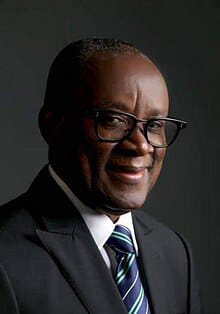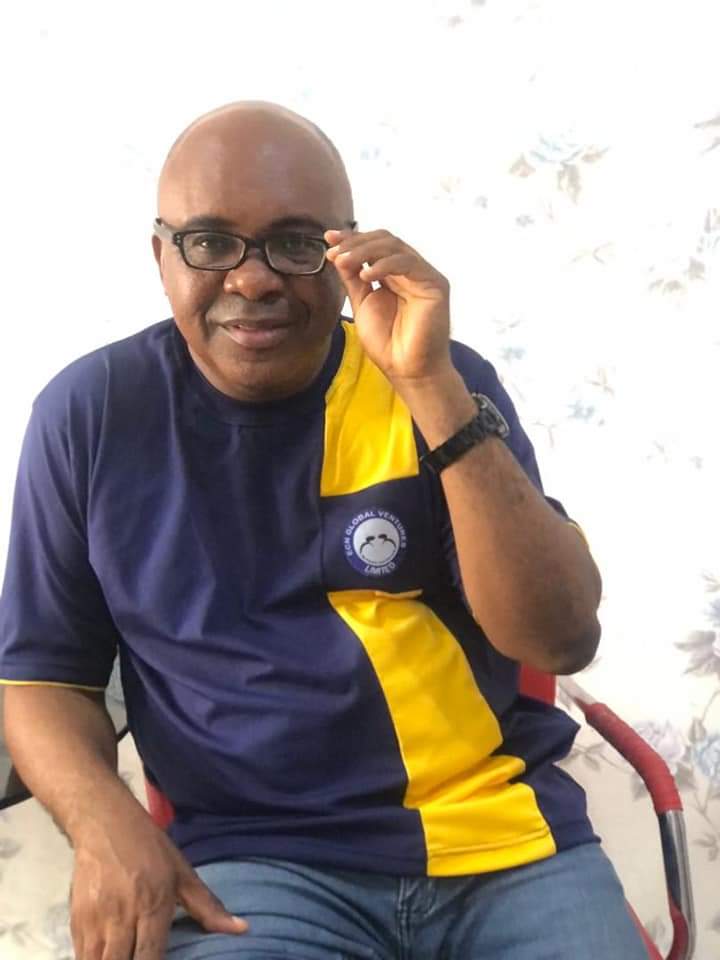Olympic Preparation: A Marathon, Not a Sprint

Monday Kanu writes.....
In my previous article titled, *"Olympic Failure: A Systemic Issue,"* I argued that Nigeria's Sports Minister should not be blamed for the country's poor performance at the Olympics. It has become necessary to double down on this position considering the emotionally driven and parochially ladened narratives flying around. The reality is that preparing for the Olympics is a long-term process that requires years of planning, investment, and dedication. It can not be achieved in a matter of months, which is how long this Minister has been on duty.
To understand why Nigeria's Olympic performance was so disappointing, we need to look at the broader systemic issues that have hindered the country's sporting development. This includes:
- Lack of investment in grassroots sports development programs
- Inadequate training facilities and equipment
- Poor coaching and mentoring
- Ineffective talent identification and development pathways
- Insufficient funding and support for athletes
In the wake of our disappointing Olympic outcomes, the natural inclination is often to seek immediate accountability. However, it's crucial to recognize that success at the Olympics is the culmination of an extensive, multi-year process. This extended timeline applies to countries worldwide, and Nigeria is no exception. The last 4 years of Buhari's administration saw a sport's minister that appeared to have concentrated on making the Sports Industry Policy a reality, we thank him for this, but he did nothing in terms of athletes' development and physical infrastructures. This is the truth of the matter. By scrutinizing the following critical factors, we can gain a deeper understanding of the complex dynamics that influence a country's Olympic readiness and performance.
**Early Talent Identification**
The pathway to Olympic success begins years before the games, with talent identification playing a critical role. Grassroots programs and school competitions serve as the first step in unearthing potential athletes. Investing in local and regional competitions provides athletes with the platform to showcase their abilities and gain early exposure. Without consistent support and encouragement at this stage, many promising athletes may go undiscovered. This is squarely the responsibility of the school sports and the national sports federations
**Long-Term Athlete Development**
I'll devote my next article entirely on this topic. Once talent is identified, the focus must shift to developing these athletes over a prolonged period. This involves crafting individualized training programs that address the specific needs of each athlete. World-class coaching and access to facilities are imperative for honing skills and improving performance. Unfortunately, this is where many federations face challenges such as inadequate funding and lack of infrastructure. In my forthcoming article, I will present a practical and effective solution to this challenge, one that has already been successfully adopted by other nations.
**Comprehensive Support System**
Preparation extends beyond physical training. Athletes require a comprehensive support system, including nutritionists, physiotherapists, psychologists, and performance analysts, to ensure holistic development. The availability of such resources can be the difference between an athlete meeting the qualifying standards or falling short.
**International Exposure and Competitions**
Regular participation in international competitions is essential for athletes to gain experience and benchmark themselves against top global contenders. This exposure helps them acclimatize to the pressure of international events and refines their competitive edge.
**Strategic Planning and Investment**
Preparation for the Olympics demands strategic planning, significant investment, and the unwavering commitment of all stakeholders involved. This is squarely the responsibility of the various sports federations to put their strategic plans in place.
**Minister's Role and Responsibilities**
The preceeding factors are all the responsibilities of the sports federations. The role of the Sports Minister involves creating an enabling environment for these processes to thrive. A year in office is obviously insufficient to effect substantial change. In our case, the funding to participate was made possible by the Minister, which is all he could do. It is a step in the journey to revamp the system. The minister’s efforts in implementing policies, securing funding, and facilitating coordination among stakeholders are foundational to future successes.
While the recent Olympics may not have yielded the desired results for Nigeria, understanding the long-term nature of preparations highlights the complexity of pinpointing blame on any single entity or individual. It is a systemic issue that demands a systemic solution—a marathon, not a sprint. As we look ahead, it is imperative for Nigeria to reinforce its commitment to this long-term vision, ensuring that the nation’s future athletes are better prepared for podium appearances on the world stage.


Write a Comment